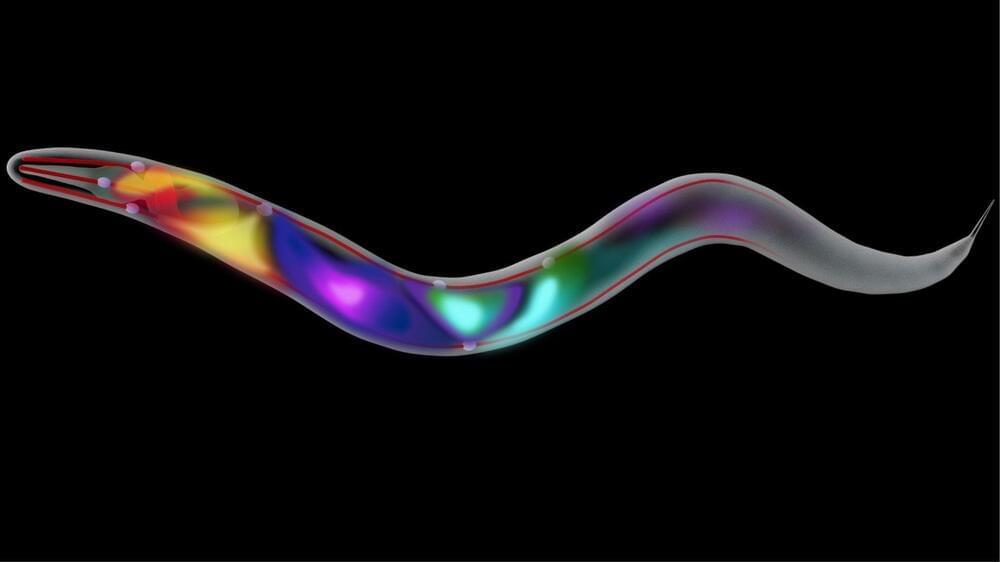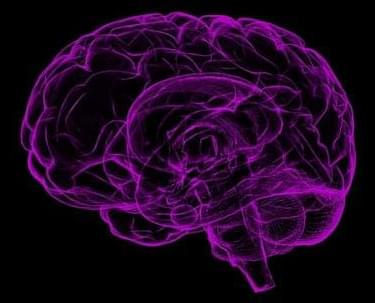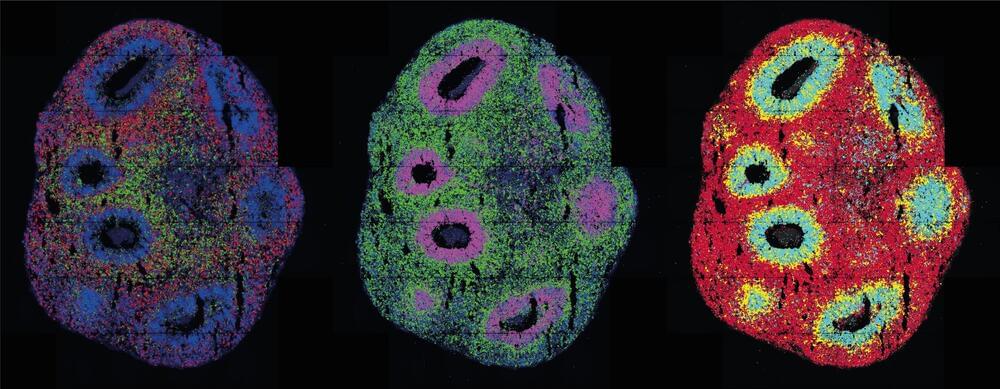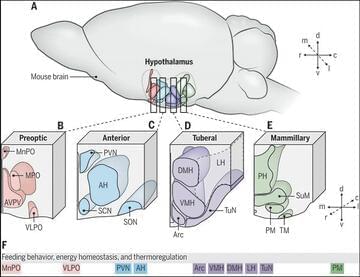Researchers at the Barrow Neurological Institute have conducted a study revealing that residing in areas with average air pollution levels is associated with a 56% increased risk of Parkinson’s disease when compared to those living in regions with the lowest level of air pollution.
The study, which was recently published in Neurology – the medical journal of the American Academy of Neurology – was conducted to identify national, geographic patterns of Parkinson’s disease and test for nationwide and region-specific associations with fine particulate matter.
“Previous studies have shown fine particulate matter to cause inflammation in the brain, a known mechanism by which Parkinson’s disease could develop,” says Brittany Krzyzanowski, PhD, a researcher at Barrow Neurological Institute, who led the study. “Using state-of-the-art geospatial analytical techniques, we were, for the first time, able to confirm a strong nationwide association between incident Parkinson’s disease and fine particulate matter in the U.S.”









